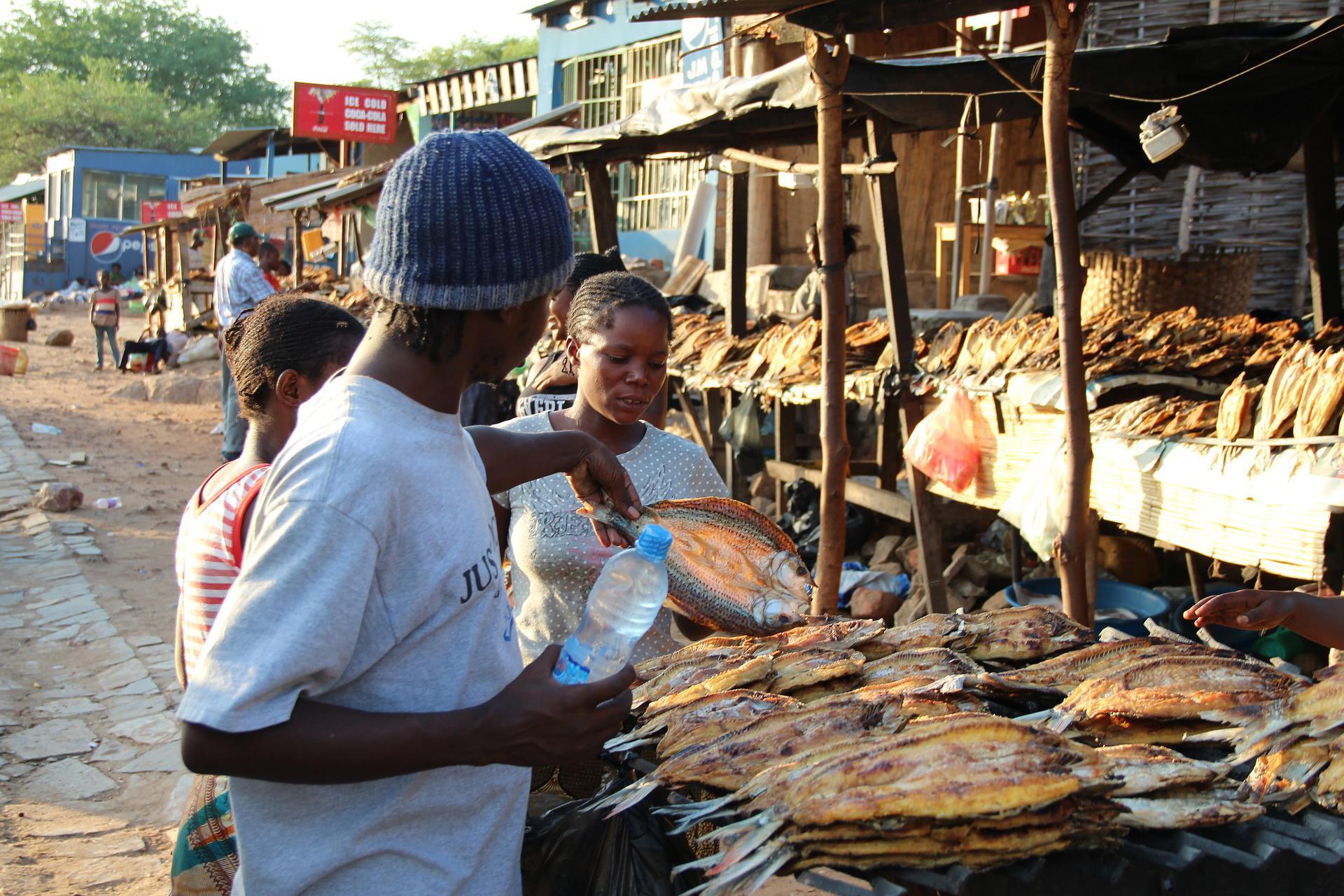Blue Empowerment Project: Transformative gender training for sustainable development

This brief, by researchers working with the project Aquaculture of seaweeds and fish: opportunities for blue economic empowerment and COVID-19 resilience in Kenya, explores the principles of IMTA, focusing on the aquaculture of fish and seaweed as part of the Blue Empowerment Project. It also explores the application of IMTA systems from a global perspective down to local technology implementations.
The blue economy holds profound significance for coastal women, representing a pathway to sustainable development, economic empowerment, and social progress. Coastal communities, often home to a significant proportion of women engaged in traditional fisheriesassociated activities and small-scale enterprises, are intricately connected to the maritime environment. The blue economy, which encompasses the sustainable use of water resources (including ocean resources) for economic growth, recognizes the pivotal role that coastal women play in this ecosystem.
Promoting blue economy inclusive policies and initiatives that empower women in fisheries, aquaculture, and related sectors would unlock opportunities for these women to enhance their livelihoods. This can involve providing access to training, financial resources, and technology, enabling them to participate more effectively in value chains and decision-making processes. Moreover, the sustainable management of coastal resources under the blue economy framework ensures the preservation of ecosystems, securing the long-term well-being of coastal communities and safeguarding women’s vital roles in these environments.
Recognising coastal women as key, researchers working with the project Aquaculture of seaweeds and fish: opportunities for blue economic empowerment and COVID-19 resilience in Kenya aims to empower individuals, organizations, and communities through a multidimensional approach by fostering gender-sensitive attitudes, dismantling stereotypes, and creating an environment conducive to equal opportunities.
This Blue Empowerment project info brief presents insights from gender training sessions during the Integrated Multitrophic Aquaculture (IMTA) Cage system launch. The insights will inform the country on approaches to safeguarding women’s future. The insights were gathered through broad consultations with facilitators, dialogue captured during knowledge exchange workshops, and a desk-based review of published and unpublished literature.
Key insights
- Differentiated gender roles across the blue economy investments/initiatives
- Understanding of gender is fragmented and affects gender action
- Sociocultural norms and practices influence decision-making
- Fundamental gender stereotypes reinforce bias

